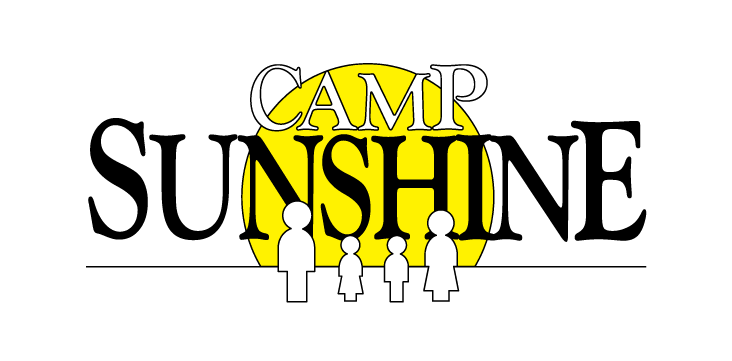Sometimes, sham charities can succeed by mimicking the real thing. Like genuine nonprofits, they reach you via telemarketing, direct mail, email and door-to-door solicitations. They create well-designed websites with deceptive names, or even find a way to “spoof” a charity you already know.
But with a little research and a few precautions, you can help ensure your donations are genuinely serving others. Here are some tips for charitable giving:
Do's
Do pay attention to the charity’s name and web address. Scammers often mimic the names of familiar, trusted organizations to fool donors.
Do keep a record of your donations and regularly review your credit card account to make sure you weren’t charged more than you agreed to give or unknowingly signed up for a recurring donation.
Don'ts
Don’t give personal and financial information like your Social Security number, date of birth or bank account number to anyone soliciting a donation. Scammers use that data to steal money and identities.
Don’t make a donation with cash or by gift card or wire transfer. Credit cards and checks are safer.
Don't click on links in unsolicited email, Facebook or Twitter fundraising messages; they can unleash malware.
Don’t donate by text without confirming the number on the charity’s official website.
Don’t assume pleas for help on social media or on crowdfunding sites such as GoFundMe are legitimate, especially in the wake of disasters. The FTC warns that fraudsters use real victims’ stories and pictures to con people.


